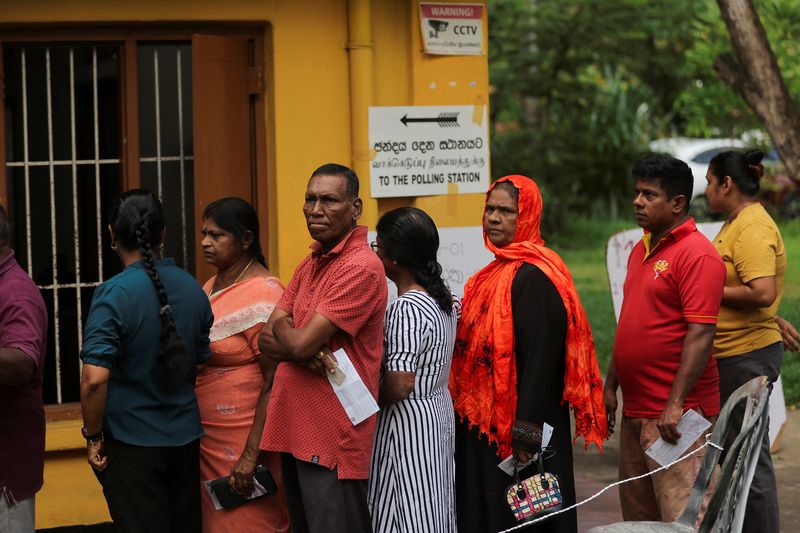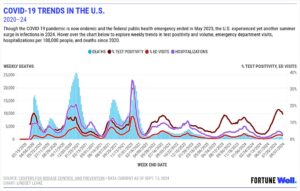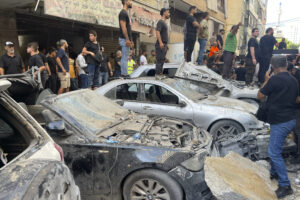Heavily indebted Sri Lanka votes in election to decide economic future

By Uditha Jayasinghe and Sudipto Ganguly
COLOMBO (Reuters) -Millions of Sri Lankans were casting their votes on Saturday to elect a president who will face the task of bolstering the South Asian country’s fragile economic recovery following its worst financial crisis in decades.
More than 17 million of Sri Lanka’s 22 million people are eligible to vote in an election that has shaped up to be a close contest between President Ranil Wickremesinghe, main opposition leader Sajith Premadasa and Marxist-leaning challenger Anura Kumara Dissanayake, who led in one recent opinion poll.
Well-organised polling booths manned by public officials and police guided Sri Lankans on how to cast their vote as citizens in Colombo, the country’s biggest city, lined up after voting began at 7 a.m. (0130 GMT).
At Visakha Vidyalaya, a school about 15 km from Colombo, brisk polling was seen early in the morning as families, some of them accompanying their ageing parents, lined up next to coir ropes that created orderly lines for voters.
A large blow-up of the ballot paper was visible at the entrance to the booth set up next to blooming flower beds and a stretch of classrooms.
“I think we desperately need a change and I think a lot of people feel the same way. For us to have a future the entire country must have a future, first,” said Niroshan Perera, 36, a supporter of Dissanayake.
Voting was proceeding peacefully across the island nation and queues outside booths lengthened as the day progressed, local TV channels showed. Polls close at 4 p.m. (1030 GMT), with counting scheduled to start shortly afterward. The Election Commission is expected to announce the winner on Sunday.
Over 13,000 polling stations were set up across the country and 250,000 public officials deployed to manage the election, R.M.L. Rathnayake, the head of Sri Lanka’s election commission, told Reuters.
This is the first election since Sri Lanka’s economy buckled in 2022 under a severe foreign exchange shortage, leaving the Indian Ocean island nation unable to pay for imports of essentials including fuel, medicine and cooking gas.
Thousands of protesters marched in Colombo in 2022 and occupied the president’s office and residence, forcing then-President Gotabaya Rajapaksa to flee and later resign.
Buttressed by a $2.9 billion bailout programme from the International Monetary Fund, Sri Lanka’s economy has posted a tentative recovery but the high cost of living remains a core issue for many voters.
Although inflation cooled to 0.5% last month from a crisis high of 70%, and the economy is forecast to grow in 2024 for the first time in three years, millions remain mired in poverty and debt, with many pinning hopes of a better future on their next leader.
“This is an election that will change the history of Sri Lanka. People are voting enthusiastically,” Dissanayake said after casting his vote at a temple in the outskirts of Colombo.
The winner will have to ensure Sri Lanka sticks with the IMF programme until 2027 to get its economy on a stable growth path, reassure markets, attract investors and help a quarter of its people climb out of crisis-induced poverty.
“The people have to decide the future of this country. I ask everyone to vote peacefully,” Wickremesinghe, accompanied by his wife, said after voting at the University of Colombo. “We have stabilised the government and the democratic system. I’m happy I’ve been able to make a major contribution to that.”

Sri Lanka’s ranked voting system allows voters to cast three preferential votes for their chosen candidates.
If no candidate wins 50% in the first count, there is a second round between the two frontrunners, with the preferential votes of other candidates redistributed, an outcome analysts say is likely given the close nature of the election.








